Emancipation Day Virtual Panel Discussion on Leveraging Our Resilience; Black Lives Matter
Every year, since 1998, Ghana celebrates Emancipation Day with a series of activities that honour leaders of the Pan African movement and celebrate the day when slavery was abolished in most British Colonies on August 1, 1834. This year, due to the Covid-19 pandemic, and restrictions on crowds and the number of attendees at events, adjustments were made to accommodate and still have significant conversations to learn and grow from our past.
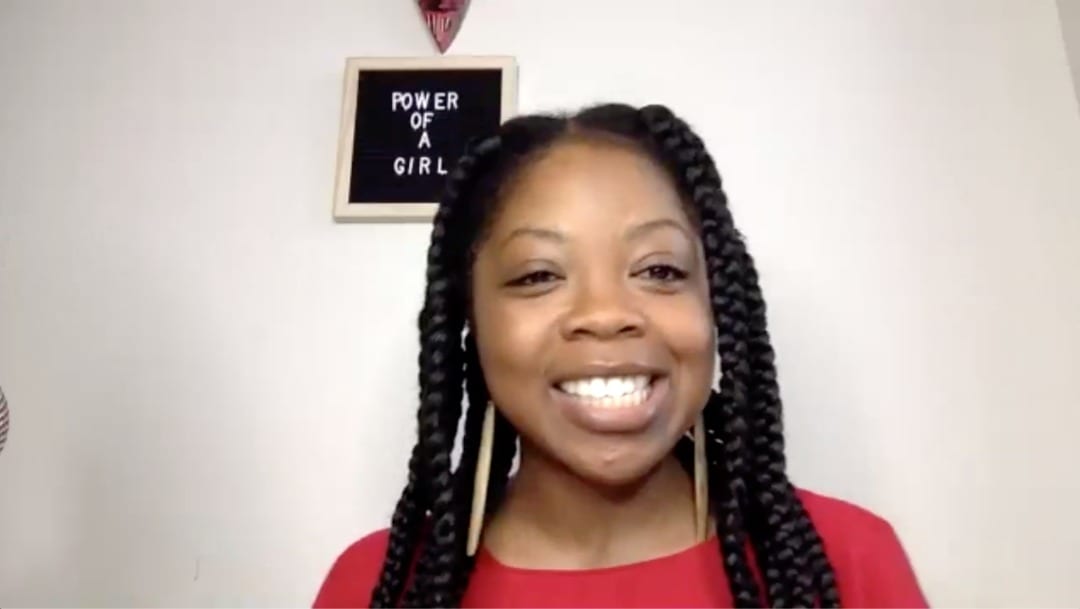
This year, a Virtual Panel Discussion was held on 28th July via the Zoom Webinar platform. Moderated by Aisha Addo, founder of the Power to Girls Foundation, the panel’s theme was Leveraging Our Resilience; Black Lives Matter. The panelists included African American Actor and Activist, Lou Gosset Jr., Pan Africanist, Professor Kojo Yankah, Leader of Diaspora Coalition of Ghana, Rabbi Kohain Halevi, and Author, Lala London.
The conversation’ theme was in response to the ongoing racial protests sparked by the death of George Floyd, who was killed by a Minnesota Police Officer in May. Since then, the Black Lives Matter movement has become a global phenomenon working to topple racist institutions in the U.S., Canada, the U.K., and Europe. Black people are standing up and speaking out against the institutionalized racism that exists in law enforcement and other systems.
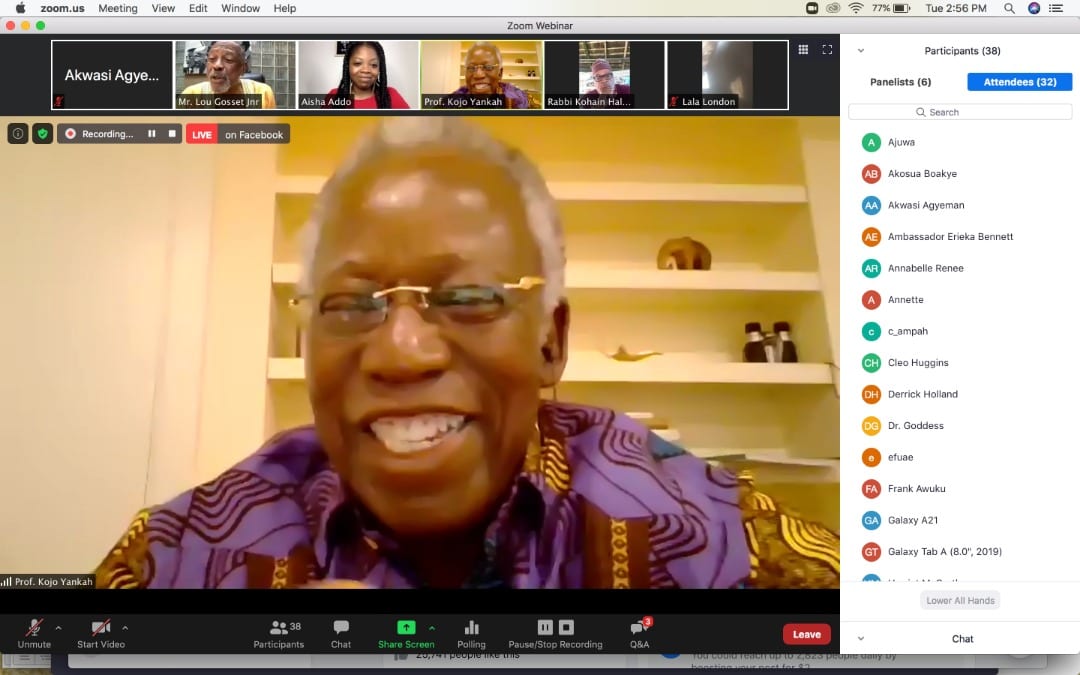
The notion of Africa as home, is becoming a renewed conversation and the pan African movement has been re-awakened. Professor Kojo Yankah, was the former Chairman of the PANAFEST Foundation for over a decade and has been a part of the pan African movement for most of his career. He said that black lives have mattered from early history when the royal African civilization was destroyed by the Greeks. He said that everything about the black person, the African, was destroyed and it continued through the period of slavery. “The culture of the African was further destroyed, not only by getting the Europeans to put their needs on the head of Africans, but they destroyed the humanity of the African….they were successful in getting the African to feel inferior,” he said.
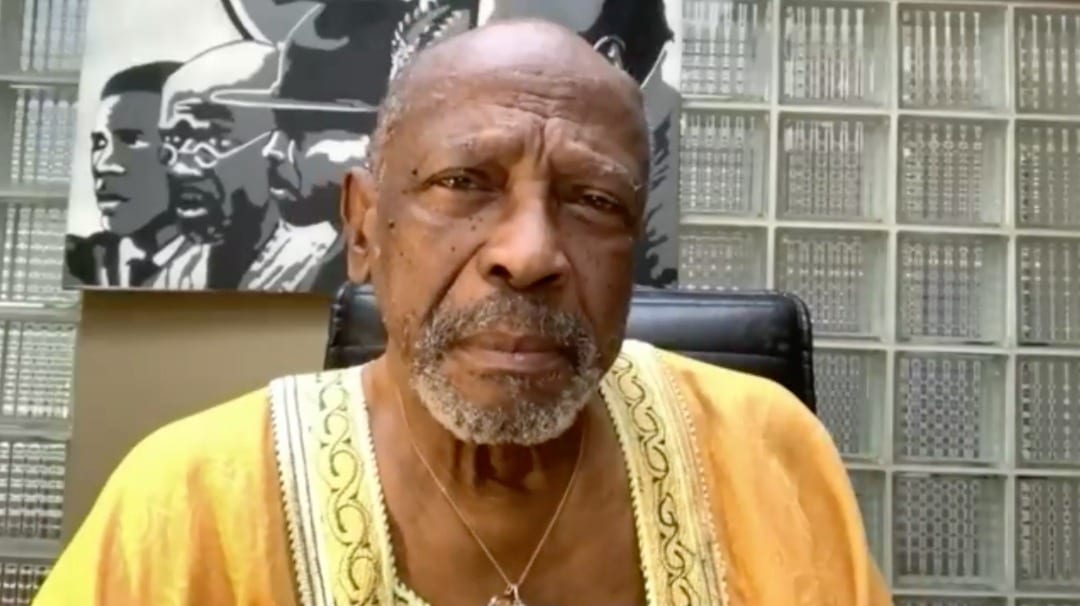
Lou Gosset Jr. is an award-winning African American Actor and Activist. He is he great-grandson of a slave and took a DNA test that revealed he is of Liberian and Sierra Leonean descent. His role in the 1977 miniseries ‘Roots’ catapulted him to stardom. On the panel discussion he shared his sentiments on the first time he traveled to the continent of Africa. “What I heard about Africa, is nothing in comparison to what I saw,” he said. “I could not wait to go back home and be proud to talk about what I found out.” The way Africa is often portrayed, many first-time visitors are surprised by what they see. He suggested therefore it is important for people in the diaspora to make their own journey and see Africa for themselves to break and dispel the myths.
As someone working in the creative industry of film, he also spoke about the roles he has played and how it is part of the narrative. Yankah added that our history did not start with slavery and it is important for our filmmakers and writers to get to work creating our stories, so we are not so narrow-minded.
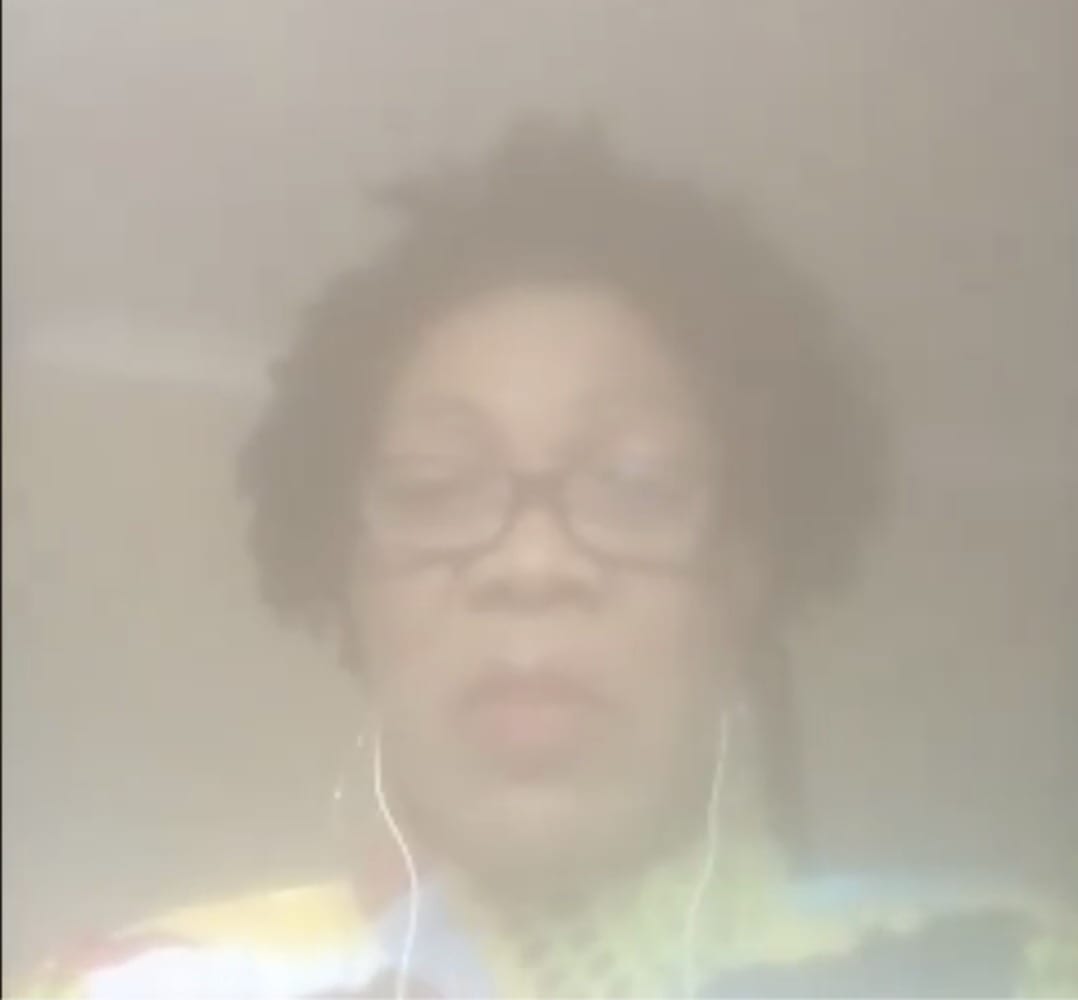
Author, Lala London, came to Ghana on a visit from St. Vincent and the Grenadines before the pandemic. Like many travelers, she is in the country until borders open. During the discussion, she said, “My own grandfather was the son of a slave….so these issues are really dear to me.” She spoke of how the Black Lives Matter movement affects her directly, having a son who is an African American. “We see what happens every day in a country that is supposed to be the bastion of democracy…where black lives somehow just don’t matter,” she added.
Moderator Aisha Addo asked the panel what actionable steps can we use to drive the concept of unity and moving forward across the diaspora and in Africa? Rabbi Kohain Halevi answered her saying, “I think we need to set a new paradigm for what a model society should be today….we have to surpass the model in current existence…include respect for human rights.” He continued by explaining that slavery was a mental construct that set a mental state in our people and we need to work towards dismantling that before we can think of reconstructing it.
Mr. Gosset said that we need to work on our communication. Being an elder, he said he sees the importance in that now. Unity is perhaps the most important part of progress in the black community both in Africa and the diaspora. Sometimes we see a division between the African Americans and the continental Africans, and we need to bridge the gap. He added that, “We cannot make it unless we add our Africans to the fight.”
Ms. Addo asked for one power statement from the panelists before wrapping up the Virtual Discussion and Professor Yankah give a meaningful response. “Since we are also commemorating Emancipation, I would like to hammer the point made that we need to get all our creative people to now focus on what we have lost,” Professor Yankah said, “…we need themes that unite and revive the consciousness of our people…in terms of being proud of who we are and raising the consciousness of blackness.”
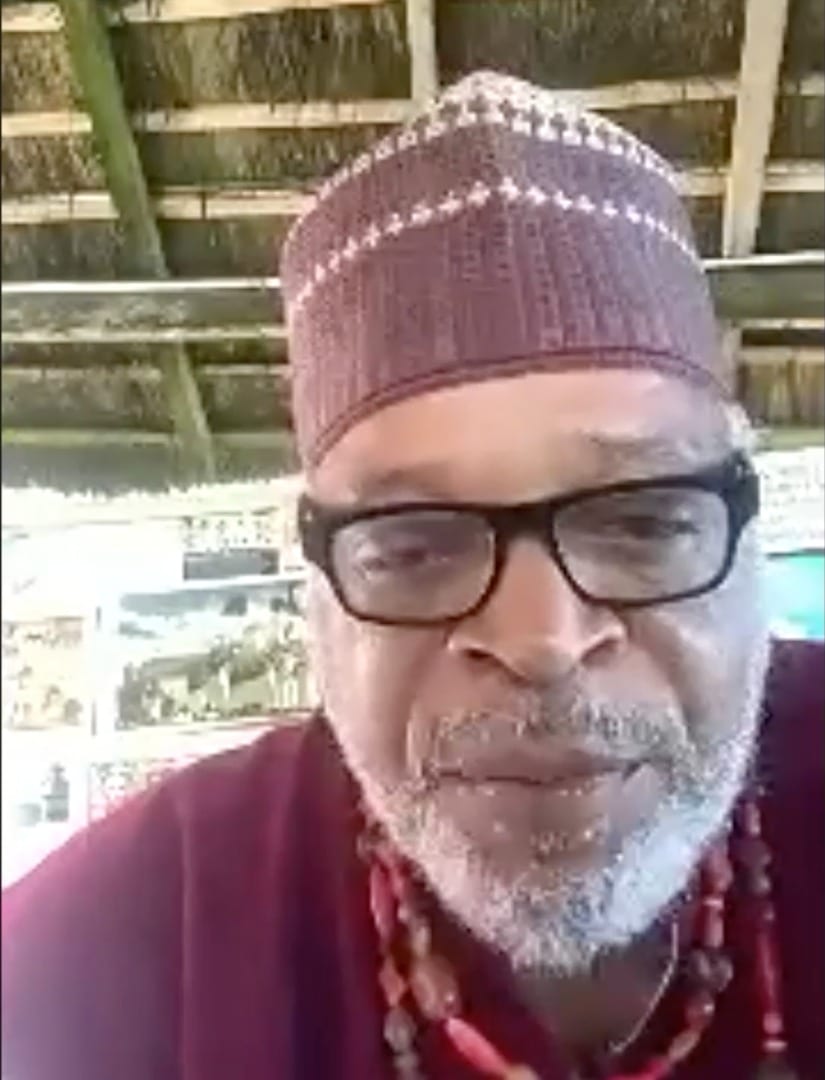
Rabbi Kohian said that during the season of Emancipation we should remember to emancipate ourselves from mental slavery. “If we are not for ourselves, who will be for us?”
By: Ivy Prosper
2020 Emancipation Day and Reverential Night Celebrated in Cape Coast and Assin Manso
Emancipation Day is celebrated around the world to commemorate the liberation of black people from the system of chattel slavery. It was on August 1st, 1834 that slavery was abolished in the British Empire. Many countries celebrate the day around the world including Ghana, the first African country to celebrate it in 1998. This year’s theme for Emancipation Day was ‘Our Heritage Our Strength’ with the sub-theme of ‘Leveraging Our Resilience: Black Lives Matter’. Events were organized under the auspices of the Ministry of Tourism, Arts and Culture in collaboration with the Ghana Tourism Authority, and the traditional leaders in the community.
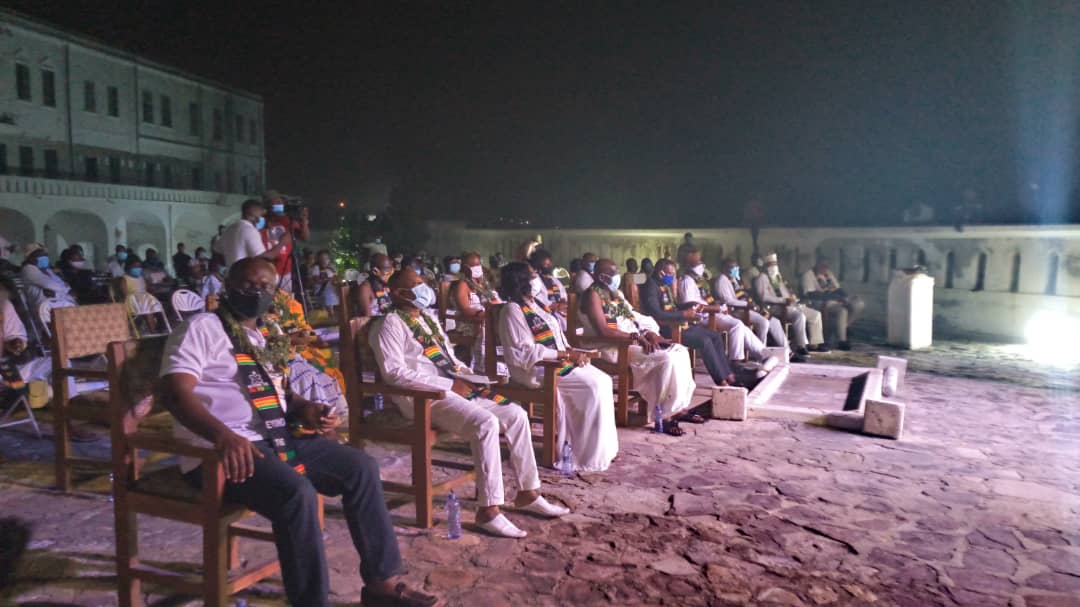
The night before Emancipation Day is known as Reverential Night and it is the night to pay homage the ancestors and light candles in their honour. In past years, a walk through the streets of Cape Coast, while wearing white, and singing songs of freedom occurs. Last year during the Year of Return over a thousand people gathered, but this year, because of the Covid-19 pandemic, the crowds were limited in number and the walk was shorted significantly.
Executive Director of PANAFEST Foundation, Rabbi Kohain started the candlelight vigil speaking to the small group gathered to remind us the significance of the night and that we were sharing each other’s light. The Minister of Tourism, Arts & Culture, Barbara Oteng-Gyasi, CEO of Ghana Tourism Authority, Akwasi Agyeman, Chairman of Diaspora Affairs, Akwasi Ababio, CEO of Ghana Tourist Development Company, Kojo Antwi, and Manager of Year of Return, Annabelle McKenzie were among the people leading the walk. The group was met by Paramount Chief of Cape Coast, Osabarima Kwesi Atta II and elders in the community who spoke briefly on the significance of calling on the ancestors to be with us in spirit as we celebrated the evening before Emancipation Day.
Limited numbers of people walked into the dungeons where a vigil held in honour of the ancestors. Prayers were said, a moment of silence was observed, and libations were poured to remember those who suffered. Seven candles were lit, and wreaths laid in memoriam, after which, everyone was led to the grounds where a celebration took place through theatre and dance that captured the theme of this year’s event. The National Theatre of Ghana’s actors did a moving performance that expressed the emotions surrounding the killings of innocent blacks in America as they called out the names of those who have lost their lives.
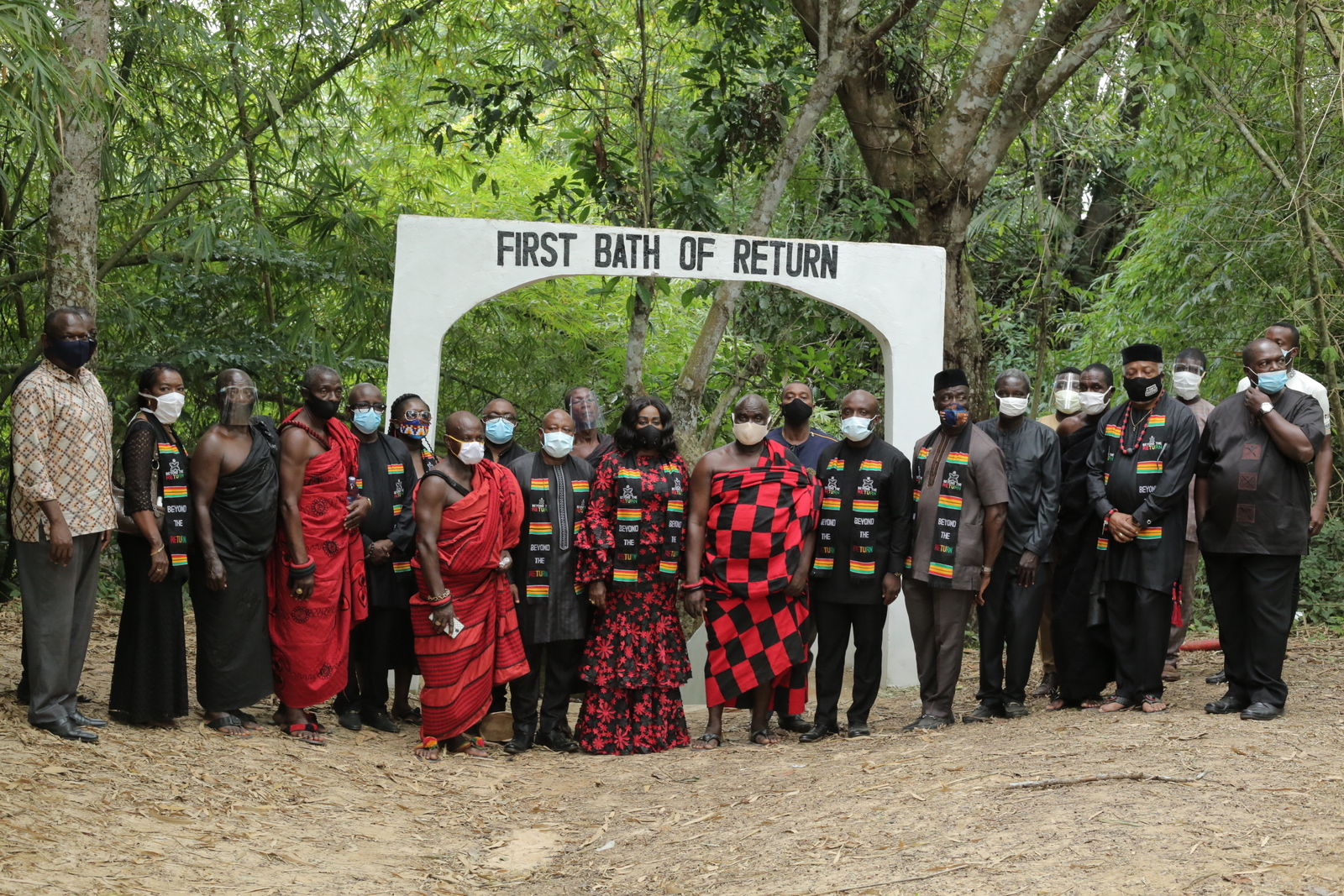
The Assin Manso community hosted the Emancipation Day events on August 1st on the historic grounds of the Slave Market and Memorial Park. A mini durbar of chiefs and the elders of the community took place while adhering to social distancing protocols. In memory of those who died during the trans-Atlantic slave trade, wreaths were laid in the Reverential Garden in front of the tombs of three enslaved Africans whose remains were repatriated to be buried on African soil; Samuel Carson from the United States, Crystal from Jamaica and the unknown enslaved African from Barbados.
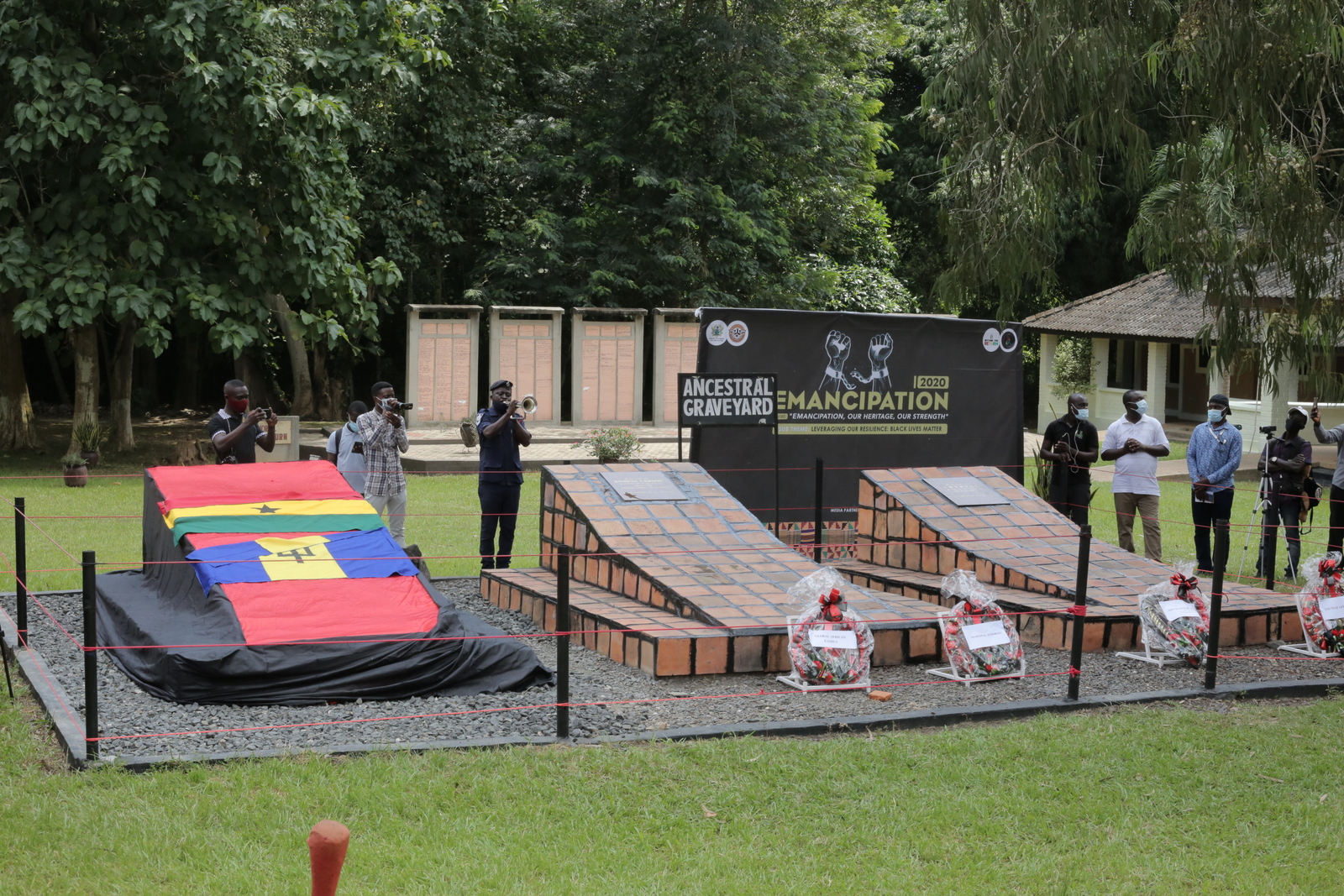
CEO of Ghana Tourism Authority, Akwasi Agyeman, said it was important for us to celebrate the resilience of the Africans who lost their lives during the slave trade. Hon. Barbara Oteng-Gyasi said, Emancipation Day reminds us that the African family was separated causing our people to suffer from the dramatic separation. She expressed the importance of our people coming together, “We must all reunite as one family and strive to build a more humane society…to achieve this we need our brothers and sisters of the diaspora to forge that closed bond between Africans and Africans in the diaspora to make Africa rise and shine.”
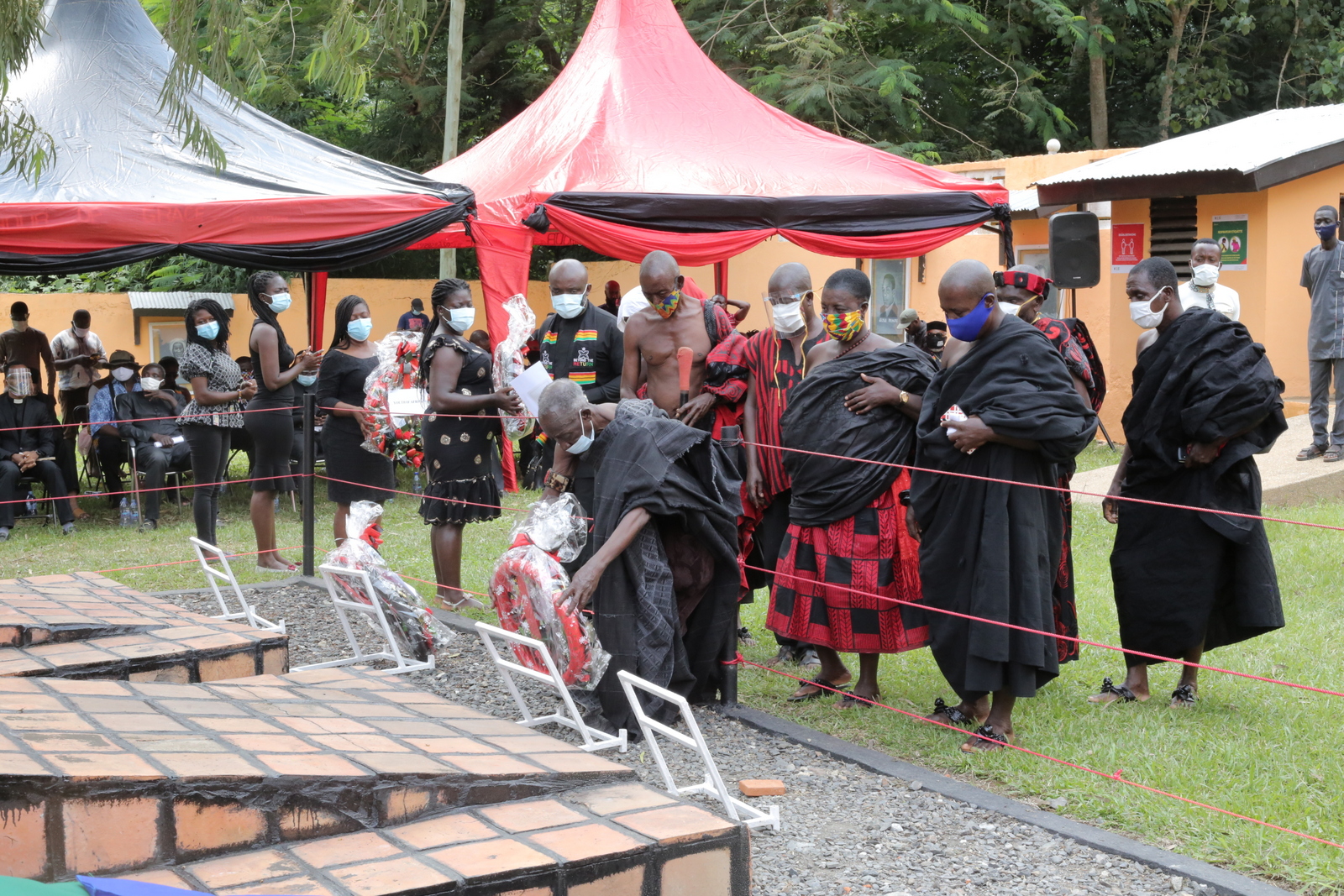
The day’s events ended at the site of the Ancestral Slave River known as the place where captured Africans were given their last bath before being taken into the dungeons where they were transported to the Americas into slavery. It was a moment of healing, reflection and prayers. The Chiefs and elders of the community observed a sacred moment as they gathered to pour libations and pray for the ancestors. Rabbi Kohain spoke to close out the day urging everyone to come together as one people and to free our minds from the shackles of what slavery and colonialism did. He urged everyone to tear down what separates us. “Let us be one people, let us be one African people no matter where we are and let us return the love, the virtue and respect to each other.”
Congressman John Robert Lewis Honoured by Diaspora African Forum
Rep. John Robert Lewis, was a civil rights icon who worked alongside some of the greatest black leaders in history. He spent a lifetime in the fight for equality for black people in America having worked alongside Rev. Dr. Martin Luther King Jr. and countless others. In 2011, he was given the Presidential Medal of Freedom, by President Barack Obama. Sadly, he died on July 17, 2020 due to complications with pancreatic cancer.
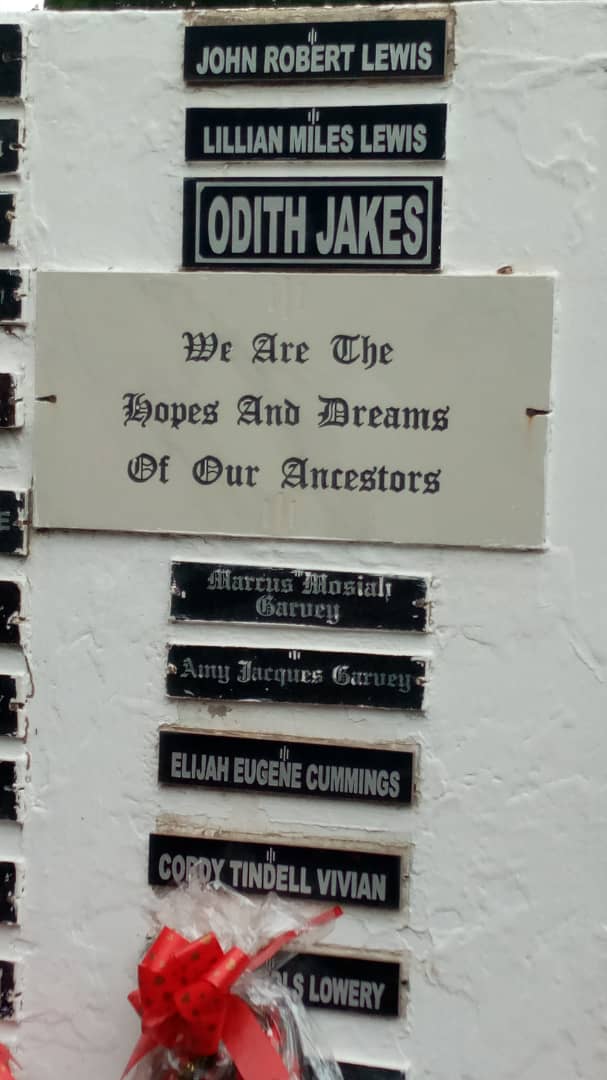
As part of a wreath-laying ceremony that honoured Pan African leaders in on July 27th, the Diaspora African Forum unveiled the name of Rep. John Robert Lewis on the Sankofa Wall located at their headquarters behind the W.E.B. Dubois Centre in Accra. The Diaspora African Forum is supported by the African Union and its Head of Mission is H.E. Ambassador Erieka Bennett. Their vision is to bridge the gap between the African diaspora and Africa. They are consistently dedicated to recognizing people who have made significant contributions to the advancement of people of African descent around the world.
The addition of John Robert Lewis’ name to the wall, is important because it reminds us of how united we are in the fight for our freedoms as people of African descent. Those in attendance of the ceremony included, the Minister of Tourism Arts & Culture, Barbara Oteng-Gyasi, CEO of Ghana Tourism Authority, Akwasi Agyeman, Director of Diaspora Affairs, Akwasi Ababio, Executive Director of PANAFEST, Rabbi Kohain, and Director of the Kwame Nkrumah Memorial Park, Alhaji Abubakari Issah Osman.
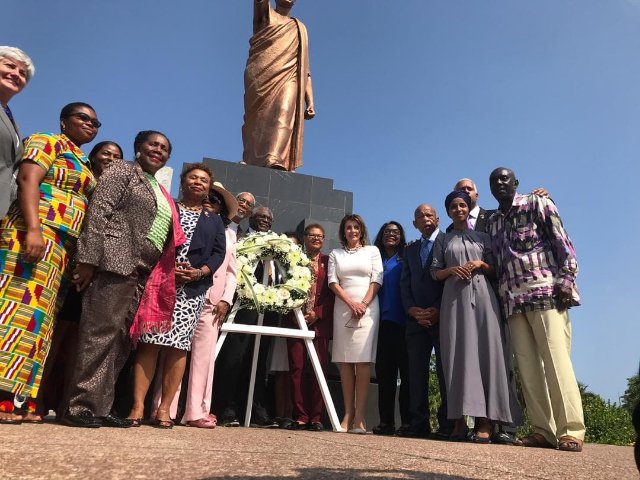
Last year, Lewis visited Ghana with the Congressional Black Caucus and Speaker Nancy Pelosi. It was a historical trip as they participated in the Year of Return by commemorating the 400-year anniversary of the first documented ship of enslaved Africans who arrived in the English colony that is now the United States. In commemorating the year, it was also an opportunity to celebrate the resilience of the African spirit. He paid a visit to the dungeons at both the Cape Coast and Elmina Castle which was significant because that is where millions of captured Africans were transported through during the slave trade era.
The name, John Robert Lewis, will live forever on the Sankofa Wall in Ghana. A symbolic return to the motherland and a testament and representative of the ancestors who never imagined one of their descendants would ever return home.
By: Ivy Prosper
Emancipation 2020 Wreath-Laying Ceremony Honours Pan African Leaders
Three leaders in the Pan African movement, W.E.B. DuBois, George Padmore and Kwame Nkrumah, were honoured in a wreath laying ceremony on July 27th, 2020. This marked the beginning of activities that lead up to the annual celebration of Emancipation Day on August 1st. This year’s theme for Emancipation is, “Our Heritage, Our Strength, with a sub-theme: ‘Leveraging our Strengths; Black Lives Matter’.
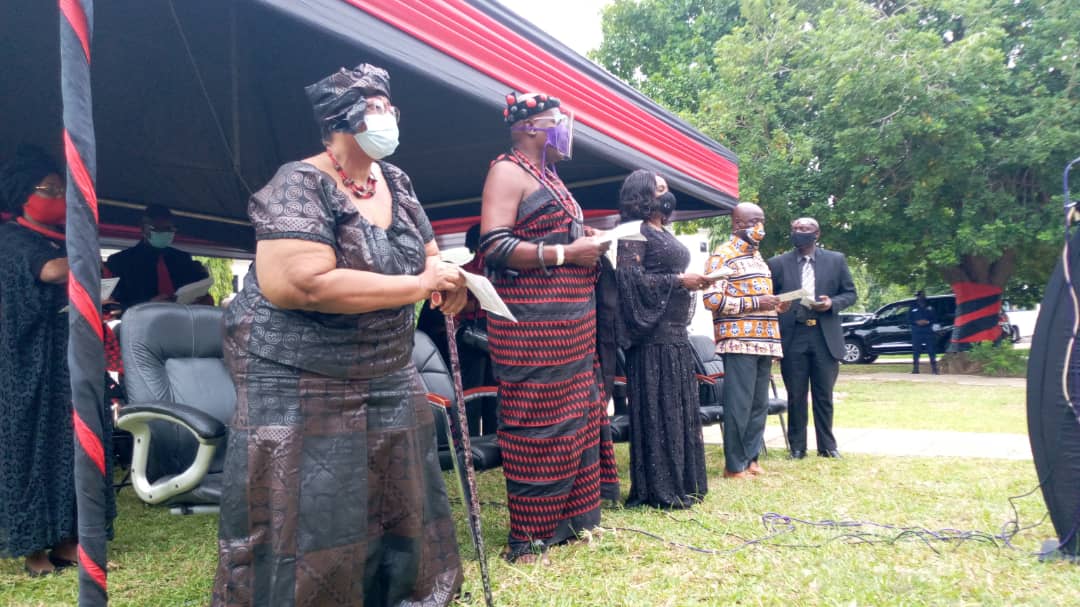
The ceremonies took place at the W.E.B DuBois Centre, George Padmore Library and at the Kwame Nkrumah Memorial Park. Each of these leaders were honoured with a small ceremony at their respective place they have been laid to rest. Notable people present at the ceremonies included the Minister of Tourism Arts & Culture, Barbara Oteng-Gyasi, CEO of Ghana Tourism Authority, Akwasi Agyeman, Director of Diaspora Affairs, Office of the President, Akwasi Awuah Ababio, Chairperson of PANAFEST Foundation, Professor Esi Sutherland-Addy, Head of Missions at Diaspora African Forum, Ambassador Erieka Bennett, Executive Director of PANAFEST Foundation, Rabbi Halevi Kohain, and Author Lala London from Saint Vincent & Grenadines.
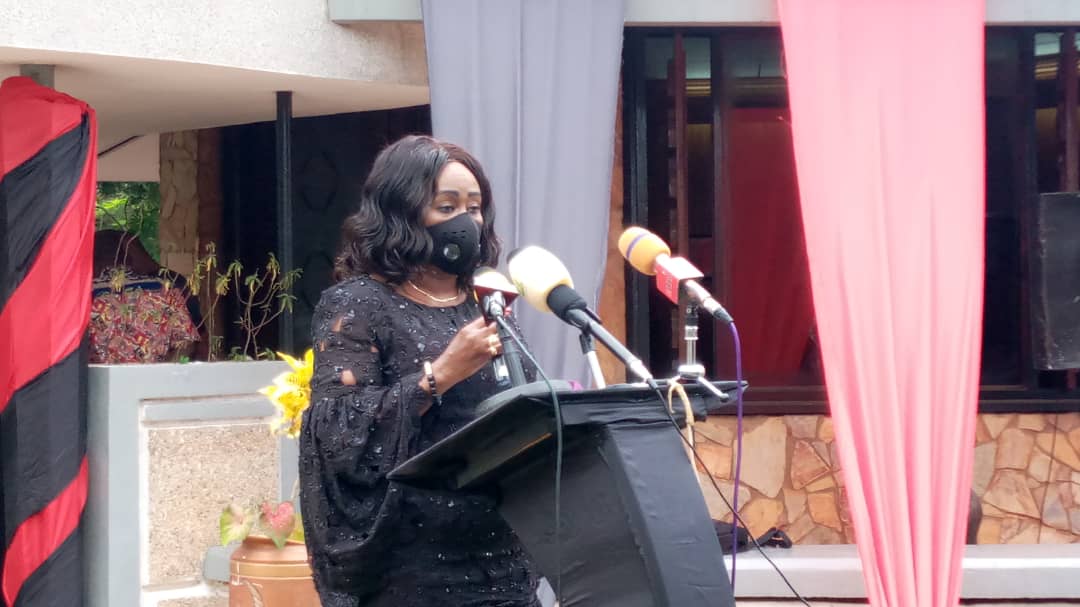
Hon. Oteng-Gyasi delivered a heartfelt message during her keynote address at the DuBois centre and welcomed the youth and students who also joined in the event. The minister said that the writings of DuBois and his political philosophies challenged the notion that the black man was inferior. She said that it was no surprise that former President Nkrumah found a kindred spirit in DuBois and that his relocation to Ghana was a clear demonstration of his Pan African beliefs. “The call for African unity championed by Dr. Kwame Nkrumah is as relevant today as it was in the early days of independence,” the minister said.
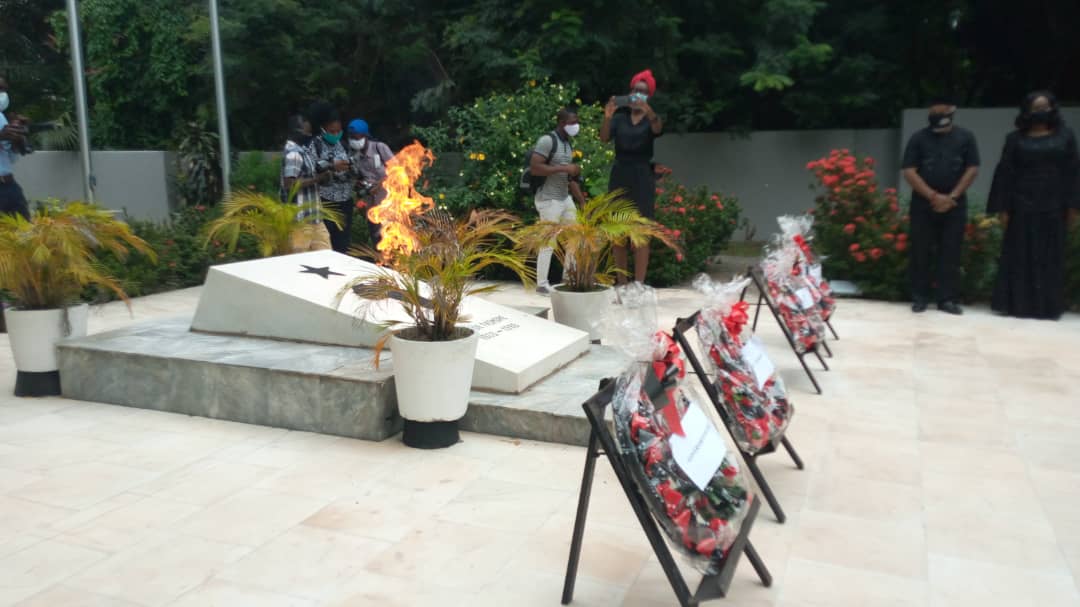
Four wreaths were laid at each location to honour the three men: from the government of Ghana, traditional authorities, the global African family and the youth of Africa. Due to covid-19 measures in place, the number of attendees at each ceremony was limited and strict measures were adhered to when the wreaths were laid.

After the ceremony at the Dubois centre, a plaque honouring the late civil rights icon, John Robert Lewis was unveiled on the Sankofa Wall at the Diaspora African Forum. Ambassador Bennett said that, “John Robert Lewis dedicated his life to the emancipation of black people around the world.” The memorial wall has the names of people who have made an impact in the movement for black people on the continent and in the diaspora. Bennett said that Lewis kept the spirit of Dr. Martin Luther King Jr. alive. It was important to honour him. The name of civil rights advocate, Congressman Elijah Cummings, who died last year was also added to the wall.
Prof. Sutherland-Addy spoke to how significant last year was during the Year of Return when people had travelled from all over the world and what a stark difference the energy was this year as the pandemic has limited our interactions. She highlighted how the current climate of racial tensions have forced us to look at the systemic issues affecting black people around the world. She said that during these times we must question the systems and do the things necessary to make us the owners of our own destiny.
2020 Emancipation Celebration Launched
Ghana Tourism Authority (GTA) in collaboration with the Graphic Communications Group Limited (GCGL) have launched the Emancipation Day celebrations and “Do Ghana” Travel Festival at the Accra Tourism Information Centre (ATIC) in Accra to kick-start activities lined up for this year’s programme.
The celebration, on the theme: “Our Heritage, Our Strength, with a sub-theme: ‘Leveraging Our Resilience; Black Lives Matter” is aimed at rekindling the frame of unity among black people everywhere and highlighting the interconnected nature of their struggles here on the mother continent and in Europe and America.
Why you should join the Emancipation celebration
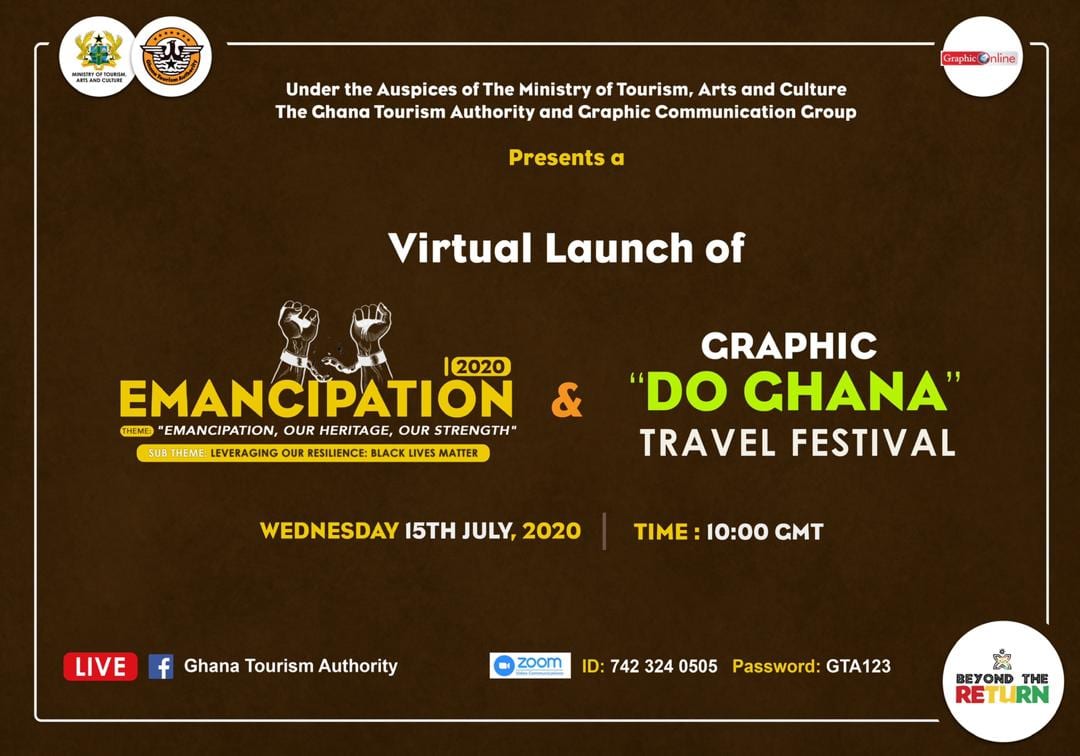
Hon. Dr. Ziblim Iddi Barri, Deputy Minister of Tourism Culture and Creative Arts said the event is designed to help Africans to reconnect their strengths and rededicate themselves to fully assume their own destiny in recognition of the lessons of history.
He said, “Emancipation Day should remind us once again that, the African family has been separated and that the different factions of the family both on the mother continent and in the Diaspora have suffered from this brutal and traumatic separation.”
“The persistent police brutalities and the criminalization of the judicial system against African American males and the recent killing of George Floyd, an African American, all point to an enduring, pervasive and bigoted world view fuelled by feelings of racial superiority among sections of the Caucasian population,” he added.
Year Of Return: Wreath-Laying ceremony held at historic sites to commemorate 2019 PANAFEST / Emancipation
On his part, the Chief Executive Officer of GTA, Mr. Akwasi Agyeman, said “the celebration would open to see domestic arrivals performing insight from various industries and interact with each other in a meaningful way.”
Emancipation Day Celebration is a national and annual event observed to commemorate the resistance and liberation of African people in the Diaspora against enslavement and violation of their human rights.
Activities
| Date | Activity | Location |
| 27/07/2020 | Wreath-Laying | Accra |
| 28/07/2020 | Panel Discussions | Virtual |
| 30/07/2020 | Tree Planting | All Regions and Assin Manso |
| 31/07/2020 | Reverential Night | Cape Coast |
| 01/08/2020 | Emancipation Day Ceremony / Healing Prayers | Assin Manso |
The Emancipation Day Celebration which originated in the Caribbean has been celebrated since 1834 when chattel slavery was finally abolished in the Caribbean.
The event has been on Ghana’s tourism calendar of events since 1998. Ghana became the first African Country to re-affirm its status as the gateway to the homeland of Africans in the Diaspora.
Emancipation Day more consciously serves to create and develop a unique sense of unity, cooperation, and understanding amongst Africans the world over as well as all people of conscience. Emancipation is not only freedom to the enslaved, but also the enslaver.
Source: Happy Fm
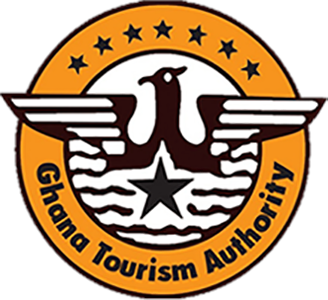

 Call Center
Call Center
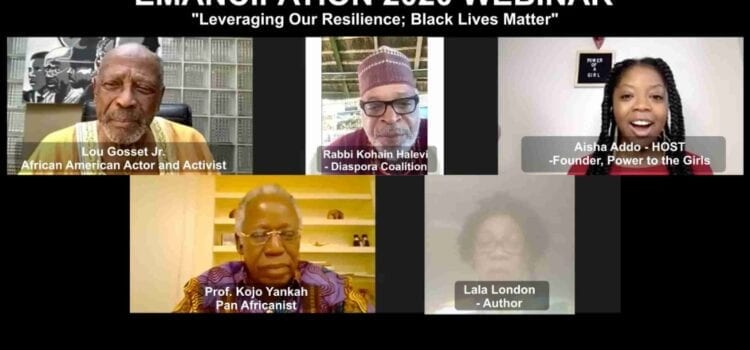
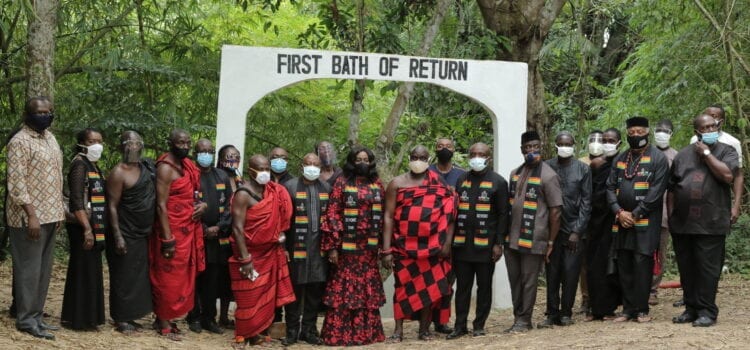
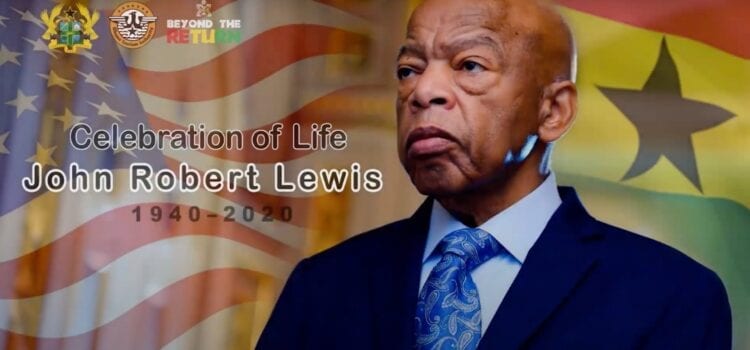
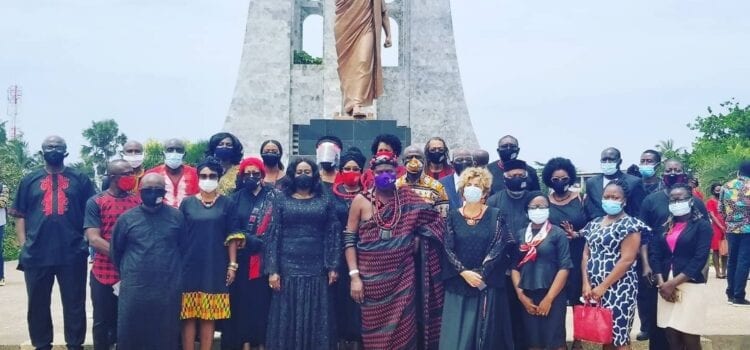
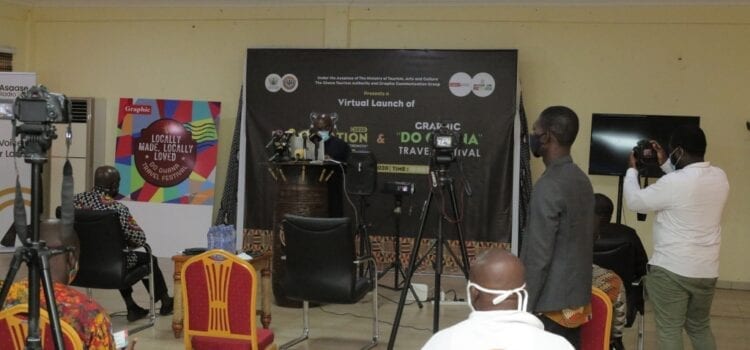
 Call Center: 0307007100
Call Center: 0307007100